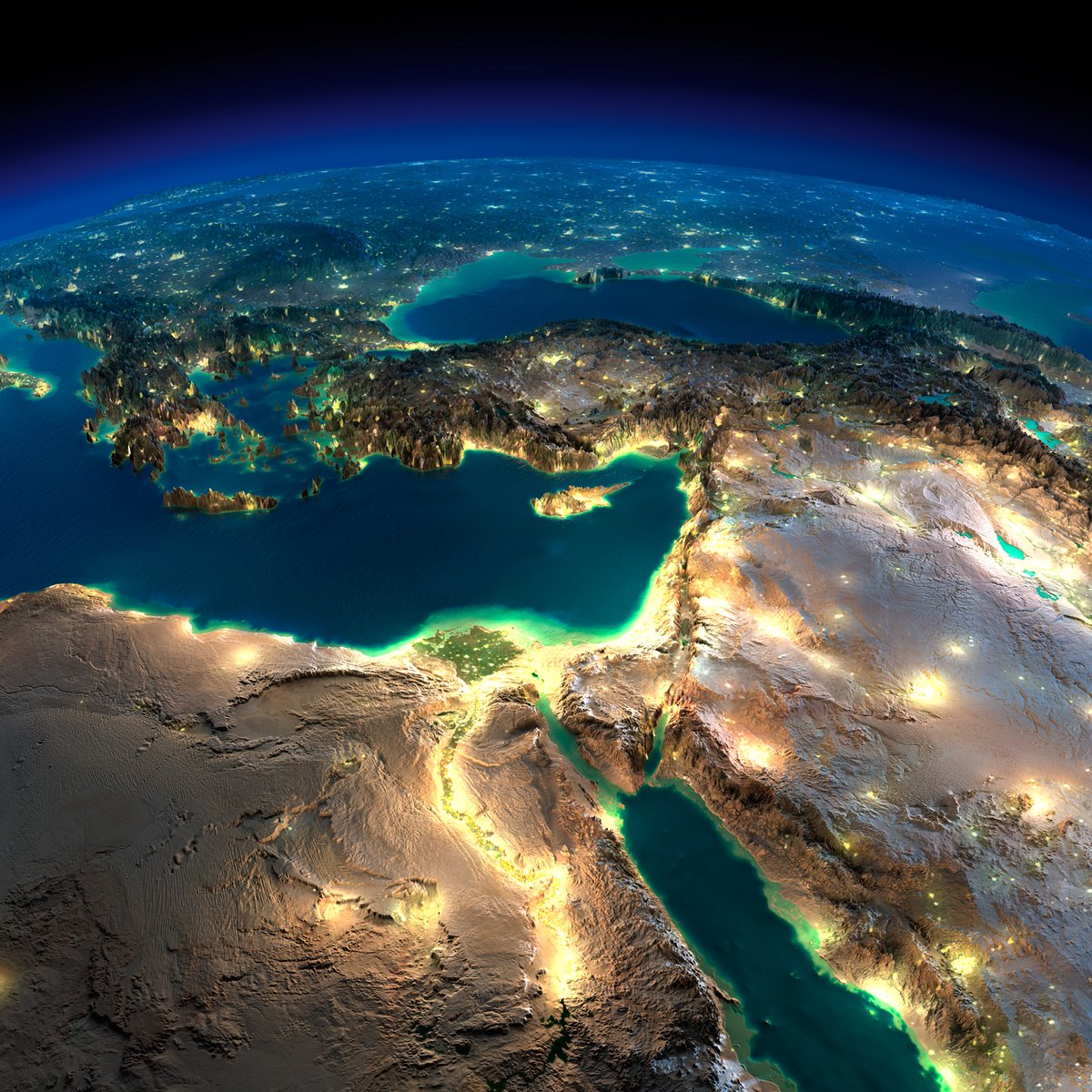THREAD -> #Succot is the festival of insecurity. It is the candid acknowledgment that there is no life without risk, yet we can face the future without fear when we know we are not alone. 

God is with us, in the rain that brings blessings to the earth, in the love that brought the universe and us into being and in the resilience of spirit that allowed a small and vulnerable people to outlive the greatest empires the world has ever known.
Succot reminds us that God’s glory was present in the small, portable Tabernacle that Moses and the Israelites built in the desert even more emphatically than in Solomon’s Temple with all its grandeur. A temple can be destroyed. But a succah, broken, can be rebuilt tomorrow.
Security is not something we can achieve physically but it is something we can acquire mentally, psychologically, spiritually. All it needs is the courage and willingness to sit under the shadow of God’s sheltering wings.
More than most, whether in the land of Israel or elsewhere, Jews have known the full force of insecurity.
Yet with its genius for the unexpected and its ability to rescue hope from tragedy, Judaism declared this festival of insecurity to be z’man simchateinu, the season of our rejoicing.
For the succah, that symbol of vulnerability, turns out to be the embodiment of faith, the faith of a people who 40 centuries ago set out on a risk-laden journey across a wilderness of space & time, with no more protection than the sheltering existence of the Divine presence.
To know that life is full of risk and yet to affirm it, to sense the full insecurity of the human situation and yet to rejoice: this, for me, is the essence of faith and the heart of Succot.
Judaism is no comforting illusion that all is well in this dark world. It is instead the courage to celebrate in the midst of uncertainty, and to rejoice even in the transitory shelter of the Succah, the Jewish symbol of home.
• • •
Missing some Tweet in this thread? You can try to
force a refresh









